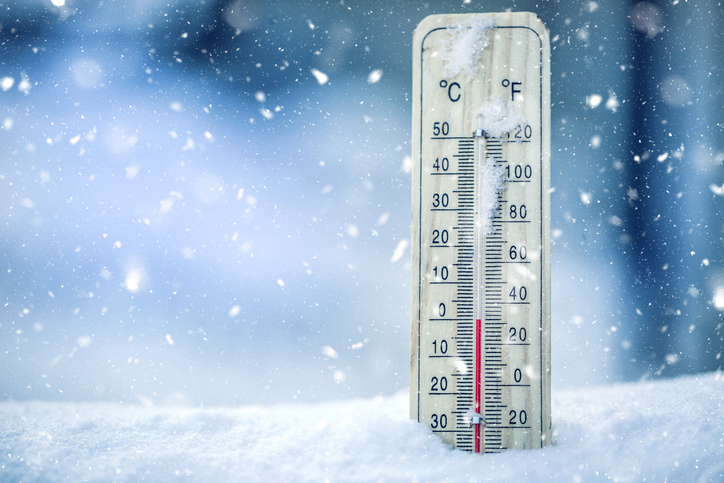
Sudden cardiac death (SCD) increases amid lower daily temperatures and during autumn and winter seasons, especially among older men, according to a study being presented at ACC.25.
Researchers analyzed just over 600 cases of SCDs as reported by the Washington State Health Department between 2011 and 2016. Temperatures between 1 and 7 days before dates of death were recorded and analyzed. The data were divided into subgroups by location of death in eastern or western Washington, age above or below 65 years, and male or female sex, the researchers noted. Daily incidence of SCD was linked to local temperature and meteorological season at time of death using multivariate analysis.
The findings showed a significant link between SCD incidence and ambient temperature, with impact differing between subgroups. Notably, in men older than 65, SCD incidence was higher in winter and autumn; increased maximum temperature in these seasons was associated with decreased SCD, the investigators noted. They added that they observed that a decreased minimum temperature up to 7 days ahead of death was associated with higher SCD.
“With future climate projections predicting increasing temperature fluctuations, revised public health measures may be beneficial in reducing SCD,” the researchers concluded.
Dusi S et al. Seasons of the heart: temperature’s hidden threat to cardiac health. American College of Cardiology 2025; March 29-31, Chicago, Illinois.







 © 2025 Mashup Media, LLC, a Formedics Property. All Rights Reserved.
© 2025 Mashup Media, LLC, a Formedics Property. All Rights Reserved.